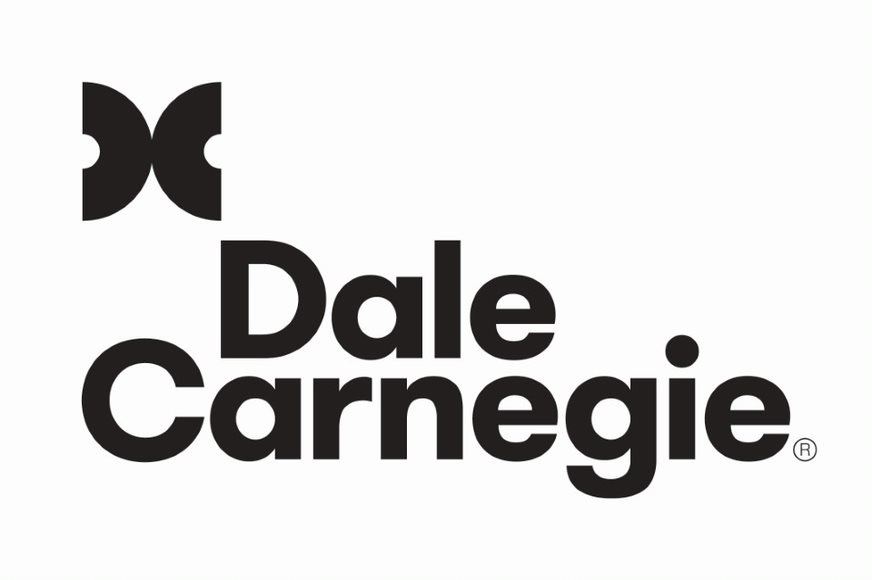Chapter Connections
Welcome to Chapter Connections, your Community Hub for everything related to our Chapter's journey. More than just a space for reading, it's where you'll find the heartbeat of our community—connecting you to the insights, stories, and opportunities that empower your professional development.
|




